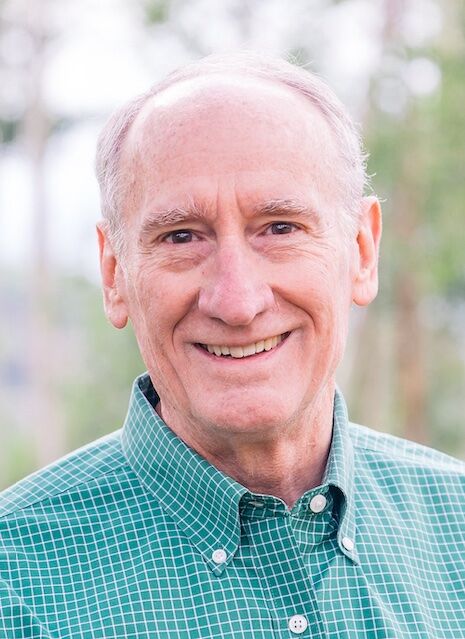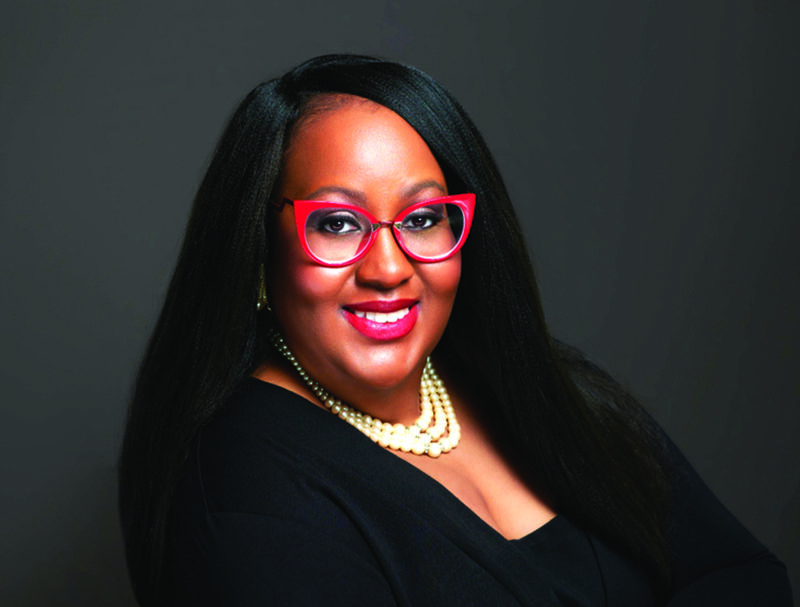Let’s expand school choice in Colorado


It’s National School Choice Week and once again Colorado has a lot to celebrate. But as the pandemic lingers and politics takes center stage, the state must be careful not to take a step backward.
Colorado offers a wide variety of educational options. Perhaps most commonly known is that state law allows parents to choose a public school other than their assigned neighborhood school through open enrollment.
Although some 46 other states also offer some form of open enrollment, Colorado’s law is more permissive than many others. Even before COVID, an estimated 16% of Colorado’s public school students were open-enrolled into a school other than their neighborhood school. It is hard to imagine those numbers are not even higher following the worst of the pandemic, which sent many families scrambling for new educational options.
Another 131,000 students attend one of Colorado’s 266 public charter schools, which have grown over nearly 30 years into a vibrant community serving populations of students across the state – rural, urban, and everything in between. Today, Colorado is home to charter schools focusing on teen parents, classical education, early college, career training and so many other educational models that they are difficult to count.
Still more students – even a pre-COVID state estimate places this number north of 50,000 – attend one of Colorado’s hundreds of private schools. Colorado remains one of a shrinking number of states that do not offer some type of K-12 private school tuition assistance to families who need help, but that has not stopped many families from flocking to these schools in the age of the virus.
And all this is before we begin to accurately account for the roughly 27,000 students who have simply disappeared from Colorado’s public education system since the pandemic started in the 2019-2020 school year (although we do know that the number of students being home-schooled in Colorado has roughly doubled since 2019).
While there is still much more work to do to ensure that no Colorado child falls through the cracks, the fact is that Colorado remains a state that offers both broad and deep educational options.
It’s a shame, then, that recent years have been characterized by efforts to weaken rather than reinforce the choices upon which Colorado families rely.
While some school districts have voluntarily taken the important step of offering transportation options to families who choose charters or make use of open enrollment, statewide efforts to pass policies requiring such assistance have too often fallen flat. Yet, we all know that choice is an illusion if a child cannot physically reach his school every morning or find his way home every afternoon.
Charter schools continue to proliferate as more families exercise their right to choose, and they continue to produce strong academic results – including strong academic results for students of color, English-language learners, low-income students and students with special needs. These schools are an integral part of Colorado’s education ecosystem, and they have played a critical role in helping families manage learning loss during the pandemic.
Yet just last year, some state lawmakers sought to hobble the growth of charter schools with legislation that would have stacked the deck against them in the notoriously political negotiations between charters and the local school districts that authorize their existence.
Incredibly, that legislation sought to codify an assumption that any school district denying a charter application was making its decision “in the best interests of the pupils, school district, or community.” In essence, the bill gave local authorizers the flexibility to shut down competition from charter schools simply because they would rather protect their “long-term plans” than respect parental wishes.
Even more incredibly, the bill was only narrowly defeated, and only after massive outcry from charter advocacy groups, school leaders and parents. And there are already conversations about it returning in 2022.
In the private school universe, scholarship organizations and private school associations have had to fight tooth and nail for the slice of federal pandemic relief money reserved for non-public schools. The Colorado Department of Education has done an admirable job of helping get that money out the door once approved, but complex processes and fractured communications have meant that millions in unused federal dollars may be reverted to the governor’s office for other, unstated purposes.
In the legislature, even a modest proposal to align outdated Colorado law with federal law, allowing families to utilize some college savings held in 529 accounts for tuition at K-12 private schools, has been shot down in its first hearing for three straight years despite multiple iterations and compromises. The overwhelmingly expensive estimated cost of this legislation: $24,870 in year one – so small a percentage of Colorado’s more than $34 billion budget that it requires scientific notation to write out.
It remains to be seen if an even more scaled-back proposal will survive first contact with the House Education Committee.
It does not have to be this way. With hundreds of thousands of Colorado families looking at education in a new light following the pandemic, Colorado leaders have an opportunity – and, I would argue, a responsibility – to expand and support educational options rather than seeking to hem already struggling families into educational situations that don’t work for them.
These leaders do not even have to operate out of the goodness of their hearts. If results from recent elections in Colorado and nationally are any indication, elected officials of all stripes ought to be paying close attention to the power of the education vote – especially in a year like 2022.
This year, National School Choice Week should serve not only as a celebration, but as a reminder that Colorado’s school options are worthy of protection and support.
Ross Izard is an education policy analyst and government relations professional who previously served as the vice president of policy and government affairs for ACE Scholarships in Denver. He currently works with a variety of clients on education and other policy issues.










